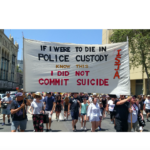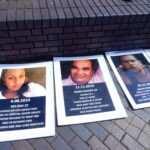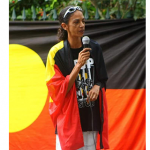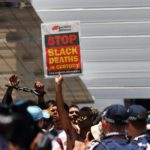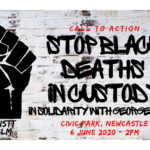First Nations Deaths in Custody Must be Independently Investigated: An Interview With David Shoebridge
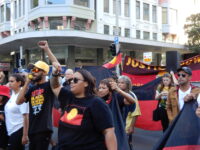
The 15th of April was a sombre day this year, as it marked 30 years since the Royal Commission into Aboriginal Deaths in Custody handed down a set of comprehensive recommendations designed to bring a halt to Indigenous fatalities under law enforcement and corrections control.
The distressing truth of the matter is that most of the 339 recommendations delivered in April 1991 have never been implemented, which has led to a situation where it’s possible to say there have been at least 474 additional First Nations custodial deaths over the three decades since.
Significantly, last Thursday was also a day of hope.
In the wake of the resurgence in the Black Lives Matter movement, the NSW Legislative Council released its inquiry report into First Nations custodial deaths and overincarceration, which has a determined political will behind it.
Its recommendations include raising the age of criminal responsibility from 10 to 14, addressing the growing number of First Nations women being incarcerated, changes to ensure more Aboriginal people receive bail, and enhanced measures to divert youths from the criminal justice system.
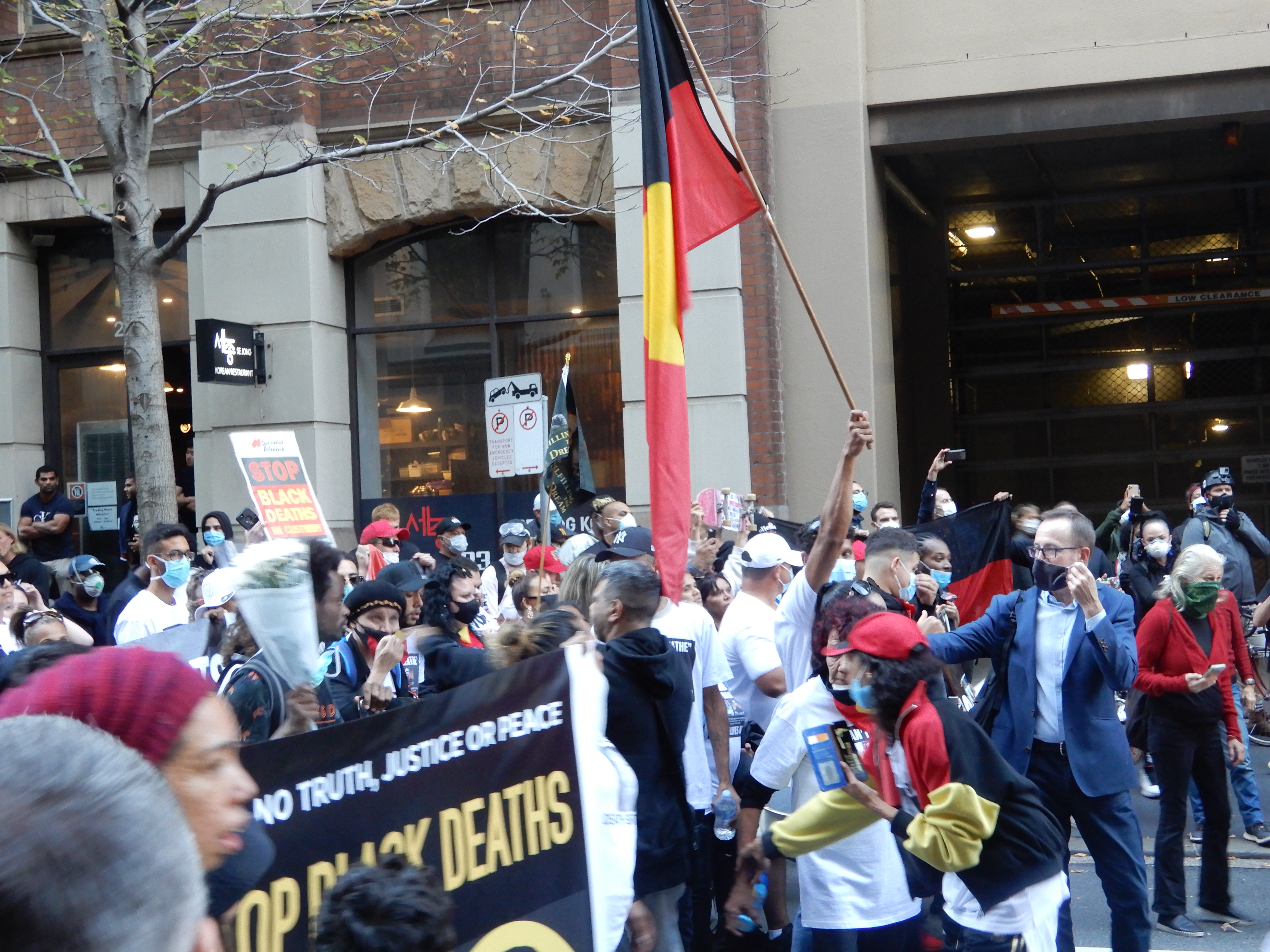
Independent investigations
Whilst the inquiry was in progress, the issue most widely raised by the broader community was what was going to be done to put a stop to NSW police and Corrective Services NSW from investigating their own in relation to First Nations deaths that happen in their custody.
Select committee chair Labor MLC Adam Searle set out in the report forward that there were three options: one was to broaden the NSW Coroners’ jurisdiction, the second was a First Nations-led investigative body and the third was the Law Enforcement Conduct Commission (the LECC).
The option the committee settled upon was the third: expanding the functions of the LECC to undertake independent custodial death inquiries, with an appointed First Nations senior officer to ensure that investigations and the organisation itself are run in a “culturally safe” manner.
Having begun its operations in July 2017, the LECC is an independent statutory body, which was established to investigate NSW police serious misconduct issues and monitor critical incident investigations. The police watchdog operates outside of law enforcement and corrections.
David Shoebridge spearheaded the inquiry. The Greens MLC acknowledged at the press conference that while the LECC option may not have been the first choice of many First Nations people, it was the independent investigation option “most likely to get broad political support to do that job”.
Black Lives Matter
On Invasion Day this year, Shoebridge stressed that he wouldn’t have been able to get parliament to agree to the inquiry without the massive turnouts at last year’s Black Lives Matter rallies. And now he’s calling on the movement to mobilise to ensure the government implements the reforms.
Sydney Criminal Lawyers spoke to David Shoebridge about the resurgence of the First Nations rights movement over the last year, the reason why the inquiry has reprioritised the Royal Commission’s recommendations, as well as the justice reforms designed to end overincarceration.
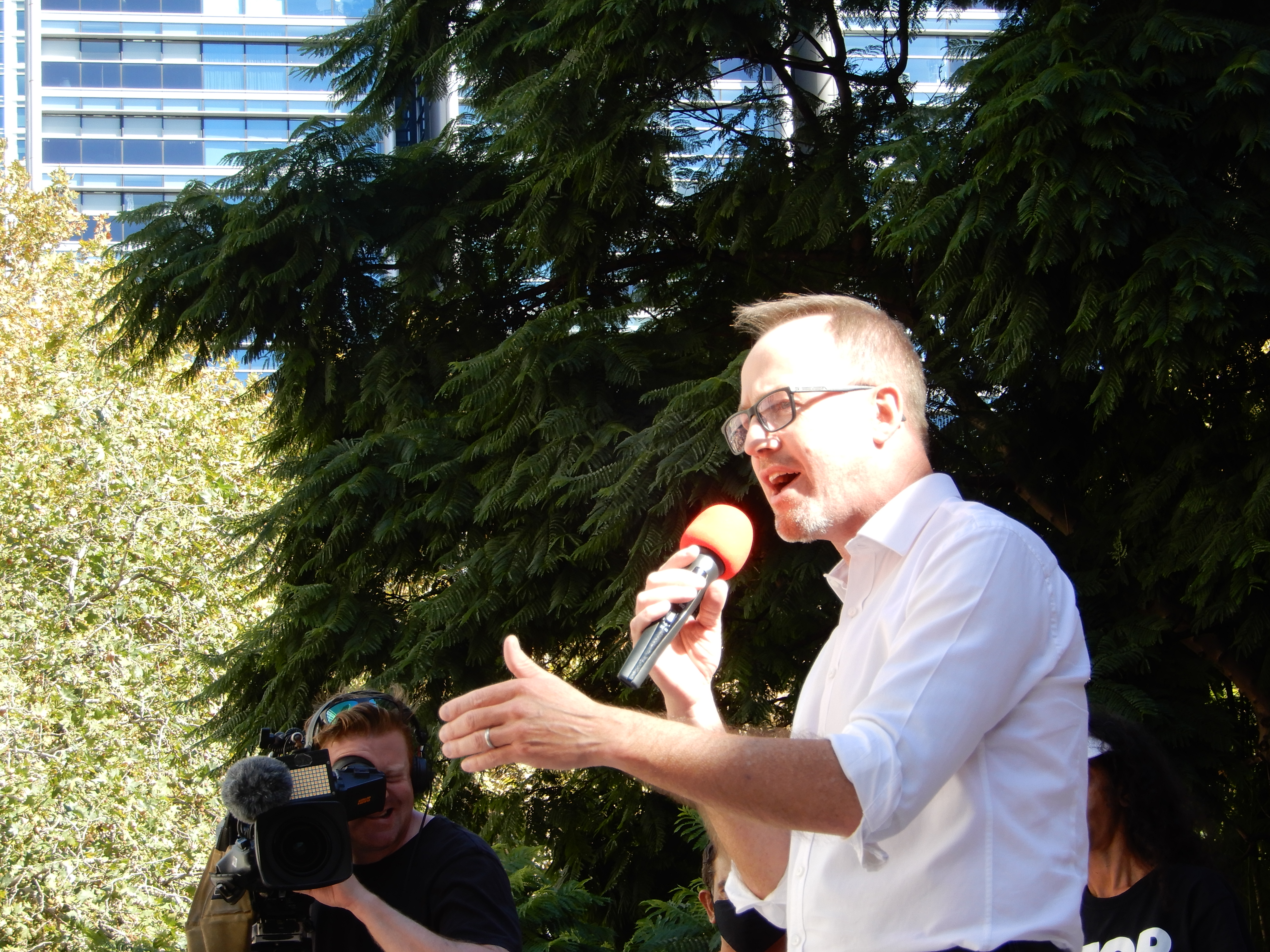
David, you’ve long been campaigning against the racism and violence First Nations people face within the NSW criminal justice system.
In having sat through the inquiry hearings and in reading its submissions, how would you say your awareness of the situation has broadened?
It has strengthened my understanding of the extent of distrust and anger that separates First Nations communities from the NSW police and the NSW criminal justice system.
It has also opened my eyes to some fresh initiatives and opportunities that won’t remove the fundamental discrimination, but which can make real positive change.
The other aspect that I found deeply disturbing was a fresh insight into some of the entrenched and genuinely appalling discrimination against First Nations people within Corrective Services.
I found some of that evidence genuinely gut-wrenching.
As you mentioned at last week’s press conference, there were three options in terms of establishing independent investigations and the LECC was the option with the broadest political support.
How will having the LECC investigate First Nations deaths in custody change what’s happening at present?
If, and I hope when, this recommendation is implemented, it will be the first time that families can be assured that there will be a genuinely independent body on the beat from the first moment when a death in custody happens.
It will end the monopoly of police and corrective services investigating themselves.
Of itself, it won’t breach that divide between First Nations communities and the criminal justice system.
But it’s the first and best chance to get that independent immediate oversight of all deaths in custody. And it’s worth fighting for.
The inquiry report was handed down on the 30th anniversary of the release of the Royal Commission into Aboriginal Deaths in Custody recommendations.
The first recommendation of the current inquiry is to implement all the outstanding recommendations from the national inquiry. Why was it important to make this the initial recommendation?
We said at the outset in establishing this inquiry that it wasn’t going to go over old ground – that it wasn’t going to revisit recommendations that have been established by the Royal Commission and inquiry after inquiry since then.
We were instead going to look at practical achievable changes that we could get political consensus around.
That being said, every member of the inquiry supported this initial recommendation.
We had evidence that despite the recommendation to remove hanging points now being thirty years old – and despite it being reinforced in a series of coronial reports, including, most recently, that of the tragic death of Tane Chatfield – there still isn’t a statewide program to remove hanging points.
Of course, the first step needs to be to implement those 339 recommendations.
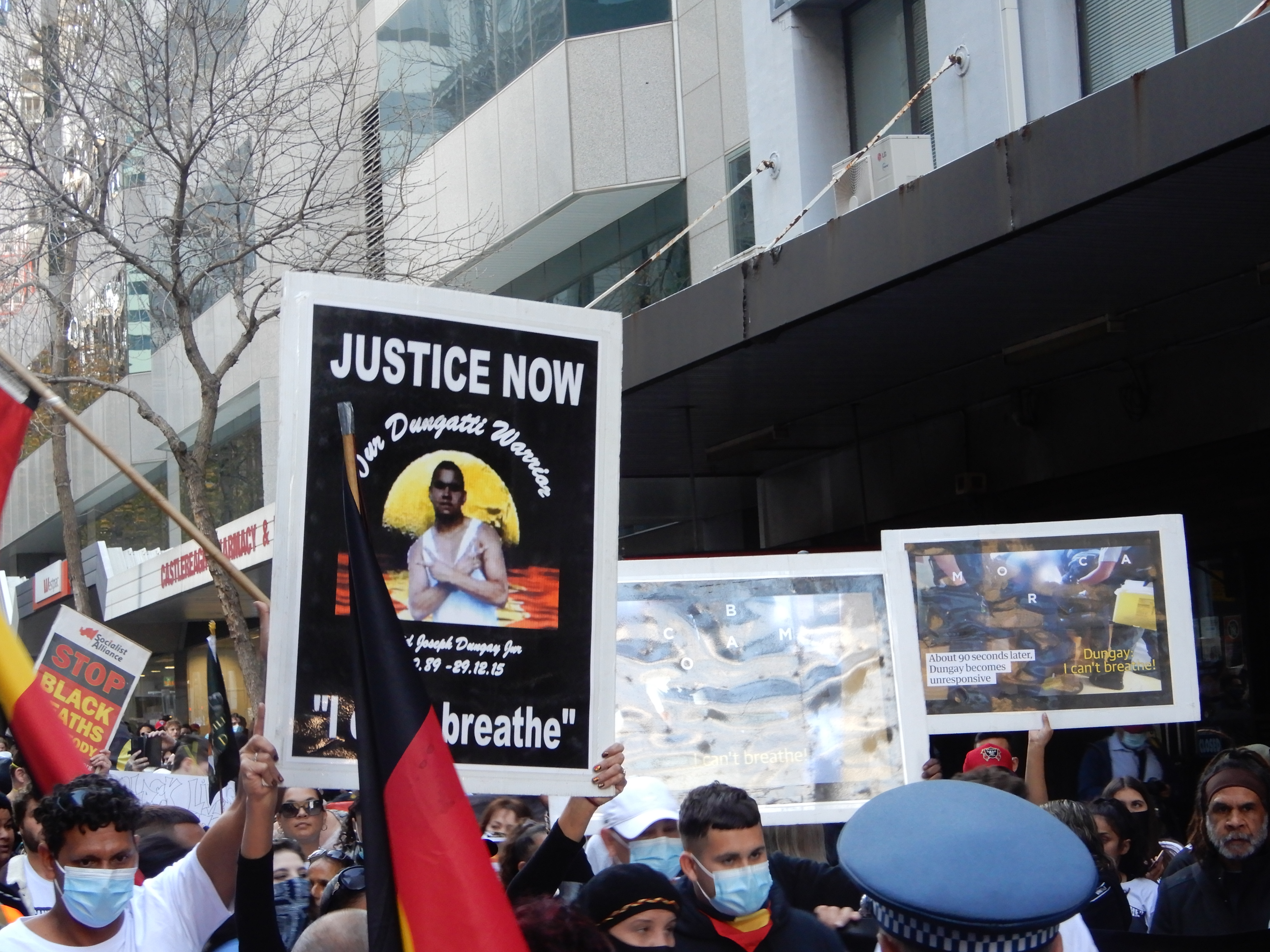
The inquiry addressed First Nations overrepresentation in the prison system. What are some of the key recommendations that you would point to in terms of seeing a reduction in the number of Indigenous people being incarcerated?
The only long-term solution to reducing First Nations deaths in custody is to reduce the number of First Nations people in gaol in the first place.
I firmly believe we need to have a much more robust First Nations-led decarceration approach. This committee was never going to get to that more robust position.
But there are a series of recommendations that take us in the right direction, which include reforming the way the Summary Offences Act works regarding offensive language and reducing police discretion. Changing the Bail Act to have specific provisions for First Nations people. Circle sentencing, drug courts and a commitment to justice reinvestment.
Those recommendations taken together and implemented will reduce the number of First Nations people in gaol. Not enough, but significantly.
You instigated the parliamentary inquiry in June last year. At Sydney’s Invasion Day rally this year, you mentioned that you wouldn’t have been able to get it across the line without the massive turnout seen at the 6 June 2020 Black Lives Matter rally.
What are your thoughts on the resurgence of the First Nations rights movement over the last 10 months?
There is no question that the size of the community support for the Black Lives Matter movement, the depth of that support, and the growing community support for First Nations rights is what got this inquiry across the line.
It was literally a week after that rally that I was able to get the numbers in the upper house, and with cross-party support to establish the inquiry.
I give credit to the advocacy of families who have lost loved ones to deaths in custody and that of those First Nations leaders who have stepped up and created the political space for this inquiry.
And lastly, David, the report is in. The recommendations are before parliament. What’s the next step from here in terms of bringing them into action?
The government has six months to respond to these recommendations. Thankfully, we have a number of MPs – both on the committee and in the rest of parliament – who are committed to seeing them implemented.
I will use my advocacy in parliament and in the community to support them. And we have genuine support from Labor.
However, we won’t get there unless we continue to see those mass movements on the street supporting the Black Lives Matter demands and supporting First Nations communities.
We can’t just leave this to politicians. History has proven that politicians have failed in the past.
Politics needs to be forced to implement these recommendations and more through continuing mass movements on the street.


